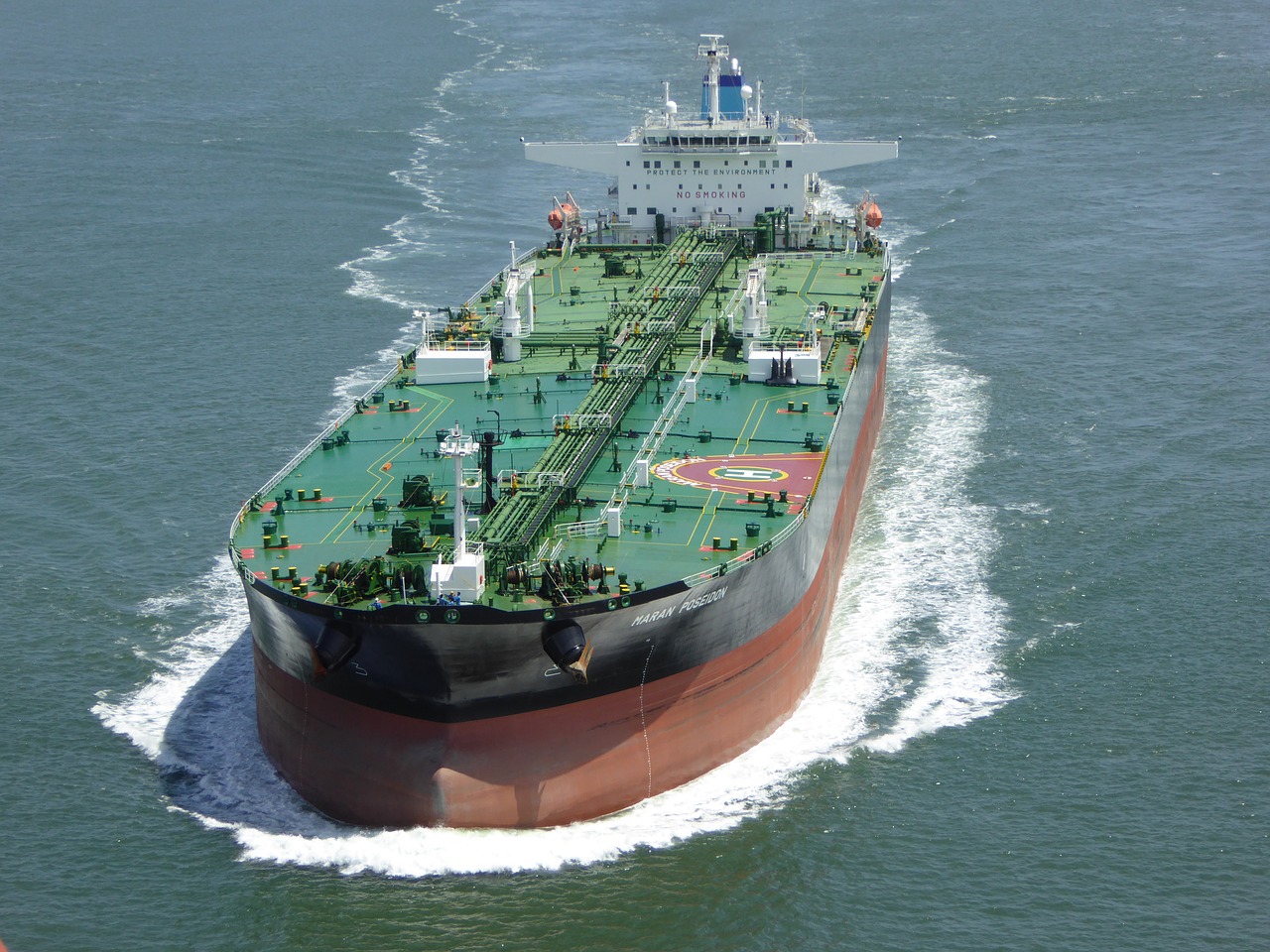Ship Bilge Water: a Serious Risk and a Major Compliance Issue
The management of ship bilge water is perhaps the most significant issue for operations taking place in a marine environment. In terms of ecology, health & safety, resource management, profitability and compliance, it’s important to get this aspect of your operation right.
Unfortunately, ship bilge water management has been historically challenging for vessels. In one case from the year 2000, “oily water separation and discharge items” were the single biggest concern for ships in detention[1].
However, thanks to scientifically advanced water treatment technologies, it is possible for vessels to manage the risks involved with ship bilge water and run a more efficient operation. Here are some of the risks that OLEOLOGY systems effectively manage with on-board and onshore services.
Environmental Risks
The environmental hazards posed by contaminated water have been well documented, and in marine environments, these risks only become more pronounced.
Untreated bilge water is known to cause marine pollution by allowing oils, chemicals, metals and a range of other substances to be discharged into the sea. This can have long-term effects on “biodiversity, food, and health in coastal areas, oceans and waterways[2]”.
At OLEOLOGY, we have previously discussed the impact of wastewater on fish. Untreated bilge water can infect marine environments and affect how fish spawn and mate. Bilge water can also physically poison fish which, along with contaminated drinking water, can have adverse health effects on humans.
When blown onto the shoreline, bilge water can further affect plant life, animal respiration and avian nesting areas.
Health and Safety Risks
Some large operations can accumulate 8 metric tons of bilge water in just 24 hours, and storing this can lead to overflow, which threatens the ship engines. It can also lead to a range of emergency situations that impact both the ship itself and its crew[3].
With this in mind, on-board bilge water treatment systems offer the most practical solution. These systems can produce oil-free water and allow vessels to safely discharge water back into the ocean as necessary.
Financial Risks
Profitability is an important aspect of any commercial operation, making the efficiency of your marine activities a high priority. Higher volumes of bilge water mean higher onshore treatment costs, especially if you don’t have the capacity to treat and discharge water on-board.
OLEOLOGY offers the smallest footprint for both on-board and offshore bilge water treatment solutions, which can significantly reduce the financial burden of your operations. Our technology also helps to promote profitability by:
- recycling 100% of maintenance water for better resource management
- reducing overall water costs
- reducing the costs involved in environmental monitoring, sampling & reporting
- ensuring discharge compliance and avoiding related financial penalties
Compliance Risks
Australia’s strict maritime laws dictate when and how a vessel can legally discharge water, covering aspects such as their distance from the land, the type of vessel and the oil contents of the discharge[4].
A combination of on-board treatment capabilities and onshore services can ensure that you remain on the right side of relevant regulations.
Effective Risk Management for Bilge Water Treatment
OLEOLOGY can help you meet your bilge water compliance requirements both on and offshore. We are an International Clean Marina Partner, offering solutions that are cost-effective, environmentally friendly, OH&S ready and fully compliant.
To invest in superior solutions to bilge water risks, call 1300 948 756 or contact OLEOLOGY online to talk to one of our engineers.
[1]http://www.gard.no/web/publications/content?p_document_id=7942
[2]http://www.thedailystar.net/news-detail-171896
[3]http://www.thedailystar.net/news-detail-171896
[4]https://www.amsa.gov.au/environment/regulations/maritime-discharges/discharges/index.asp



